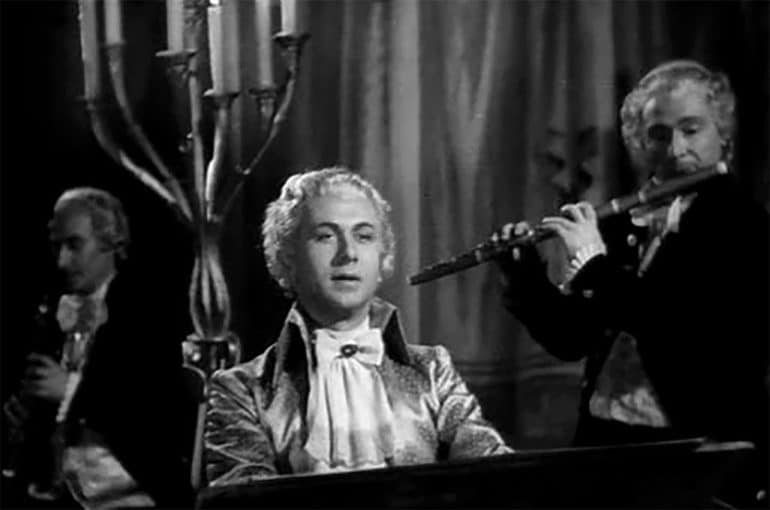Mozart had ‘attention deficit disorder’
OrchestrasThe US period instrument specialist Robert Levin has an interesting theory for Mozart’s ceaseless output of new piano concertos.
He tells Richard Fairman of the FT: ‘I imagine Mozart as being restlessly creative, with a kind of attention deficit disorder, so that he was too inventive (to play the music the same way twice). Besides which, the idea of performing heritage works was not part of the zeitgeist then.’
Read on here.






Comments